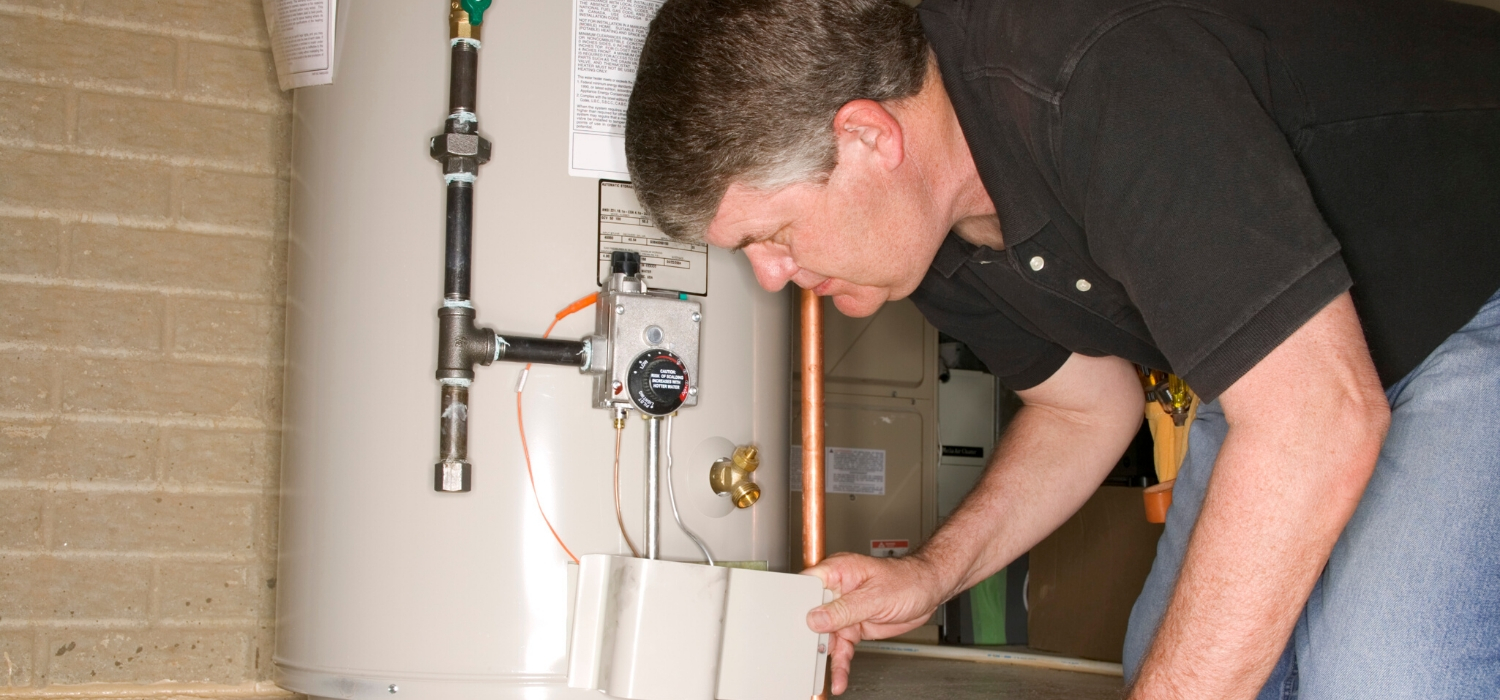Responding to the Frequently Arising Water Heater Urgent Problems
Responding to the Frequently Arising Water Heater Urgent Problems
Blog Article
We've encountered this great article relating to Common Hot Water Heater Problems listed below on the net and thought it made perfect sense to share it with you in this article.

A hot water heater is among the most important standard devices that can be discovered in a home. With hot water heater, you don't need to undergo the stress of home heating water manually each time there is a need to take a bath, do the laundry, or the meals. There is always a possibility that your water heater would certainly act up as with a lot of mechanical gadgets.
It is very important to keep in mind any little malfunction as well as tackle it swiftly before points leave hand. A lot of times, your hot water heater begins to malfunction when there is an accumulation of debris as a result of constant usage. As a preventative measure, routine flushing of your hot water heater is suggested to prevent sediment build-up and also prevent useful failing.
Common water heater emergency situations as well as how to manage them
Insufficient hot water
It might be that the water heating system can't sustain the warm water demand for your house. You could upgrade your water heating unit to one with a larger capability.
Changing water temperature.
Your water heating system can begin producing water of various temperatures normally ice cool or hot hot. There may be a need to change either the thermostat or the heating device of your water heating unit.
Leaky water heater storage tank.
A leaking storage tank could be a sign of deterioration. It could cause damage to the floor, wall surface as well as electrical gadgets around it. You can even go to risk of having your home flooded. In this situation, you ought to shut off your hot water heater, permit it to cool, and also carefully search for the source of the problem. At times, all you require to do is to tighten up a few screws or pipe links in cases of minor leakages. Yet if this doesn't work and also the leakage lingers, you could need to employ the solutions of a service technician for a proper substitute.
Discolored or odiferous water
When this occurs, you need to know if the concern is from the tank or the water source. If there is no funny smell when you run chilly water, then you are particular that it is your water heating system that is faulty. The smelly water can be caused by rust or the accumulation of microorganisms or debris in the water heater storage tank.
Conclusion
Some homeowners neglect little warning and minor faults in their hot water heater system. This only leads to further damage as well as a feasible full failure of your home appliance. You should take care of your water heater faults as quickly as they come near prevent even more expenses and unneeded emergency difficulties.
With water heating units, you do not need to go through the tension of heating water by hand every time there is a need to take a bathroom, do the laundry, or the dishes. It may be that the water heater can't sustain the hot water demand for your home. Your water heating system can start creating water of various temperatures normally ice chilly or scalding hot. If there is no funny odor when you run cold water, after that you are particular that it is your water heating unit that is faulty. The stinky water can be created by corrosion or the build-up of microorganisms or sediments in the water heating system container.
Common Water Heater Issues and What You Should Do
What Type of Water Heater Do You Have?
Before we begin it’s first important that you identify the type of water heater you have on your property. There are two main types of water heaters out there: conventional and high efficiency.
Both of these types of products typically use either gas or electricity to heat power. There are also solar water heaters that use a thermal collector on the roof or yard to heat the water.
While these models are not as common, they can cut heating costs in half. In this article, we will focus on conventional and high efficiency.
How Do My Electric and Gas Water Heater Work?
Though they look similar, electric and gas water heaters work very differently. It’s important to know their basic function because often problems can be specific to the heating source.
In the electric model, a thermostat on the side of the machine detects the temperature of the water in the tank. When the temperature needs to rise electricity flows to a heating element suspended in the water.
Gas models also use a thermostat device — typically with a mercury sensor at the tip and an additional sensor called a thermocouple. The thermocouple detects whether the pilot light is on and controls the flow of gas.
When the thermostat drops below the appropriate level gas is released which becomes ignited by the pilot light. The flame heats the bottom of the water tank which causes hot water to rise and cold water to drop.
This natural circulation continues until the water reaches the desired temperature. Then, the thermostat triggers the gas control valve to shut off the flow of gas.
What Are the Most Common Issues and How Do You Fix Them?
https://happyhiller.com/blog/common-water-heater-issues-and-what-you-should-do/

We hope you enjoyed reading our post about Is Your Water Heater Leaking?. Thanks a lot for taking a few minutes to browse our content. Appreciated our entry? Please share it. Let another person check it out. Kudos for your time. Don't hesitate to visit our website back soon.
We're here 24/7. Report this page